Economy of Azerbaijan
GDP (2007): 25.2 bln AZN (app. $29,4 bln)
GDP annual growth rate (2007): 25.0 %.
Per capita GDP (2007): $3474
Per capita GDP growth rate (2007): 23.6%
Inflation rate (2007 average): 16.7%.
Total investments (2007): $11.6 bln
Foreign investments (2007): $6.8 bln
Domestic investments: (2007): $4.8 bln
External trade turnover (2007): $11.7 bln:
Export (2007): – $6.0 bln: oil and gas, chemicals, oilfield equipment, textiles, cotton, tobacco, vegetables, etc.
Imports (2007): – $5.7 bln: machinery and parts, consumer durables, foodstuff, textiles, construction materials, etc.
Major trade partners: Turkey (14.3%), Russia (13%), Italy (9.2%), Iran (4.6%), USA (4.2%), Ukraine (4.2%), Germany (4.2%), United Kingdom (3.5%), Georgia (3.5%), Israel (3.4%), and others.
The performance of Azerbaijan in achieving macroeconomic stability and resumption of growth since 1995 has been impressive. Azerbaijan’s fiscal and monetary management, accompanied by favourable global economic trends have significantly improved the country’s macroeconomic situation. As a result of stabilization policies implemented since 1995, recovery began from the second half of 1996 and high oil prices led to acceleration of growth of GDP from 11.1% in 2000 to 34.5% in 2005 (highest growth indicator globally for the year). GDP growth rate constituted 25% in 2007.
Privatization has played a significant role in the success of economic reforms in the country. In 2000 private sector constituted 68% of the country’s GDP. At present, the second phase of privatization is underway. This phase mainly envisages privatization of medium and large-scale enterprises. As a result of this policy, 81% of GDP was created by the private sector in 2007.
Upon restoration of strict fiscal control, budget deficit fell from 5.4% of GDP in 1995 to 0.4% in 2002 and further to 0.1% in 2005. The fiscal system is further characterized by a very low deficit of state budget not exceeding 1% of GDP in 2007 (0.2% of GDP). Currently due to increasing inflow of oil revenues, Azerbaijan does not consider a budget deficit as a serious problem of macroeconomic policy. Azerbaijan has a relatively low level of external debt equalled to $2.44 bln at the end of 2007, which was 8.2% of GDP.
Rapid growth in the oil sector stimulated strong investment boom during the recent decade. The volume of foreign direct investments that amounted to $375 mln in 1995 rose steeply to the level of $927 mln in 2000 and to $6,760 mln in 2007. Main foreign investors are Turkey, USA, Iran, Germany, Russia, United Kingdom, UAE. Foreign direct investments outside the oil and gas sector are currently mainly in construction, services, transport, telecommunications and manufacturing.
Azerbaijan has concluded 27 production-sharing agreements (PSA) with a number f international oil companies. Oil from Azerbaijan reached the Turkish Mediterranean seaport of Ceyhan via the BTC (Baku-Tbilisi-Ceyhan) pipeline in late May 2006, and the pipeline is operating at full capacity now. The construction of Baku-Tbilisi-Erzerum gas pipeline was endorsed in February 2003 and has been successfully completed. This pipeline runs parallel to the BTC oil pipeline for most of its route before connecting to the Turkish gas transportation infrastructure in the Erzerum province. The gas from the Azerbaijani Shah Daniz deposit in the Caspian Sea is being transmitted through this pipeline.
The importance of economic diversification and development of the non-oil sector is recognized as a major economic development challenge. State Programs on Economic Development, Small and Medium Entrepreneurship Development and Social and Economic Development of the Regions of Azerbaijan are among priority policy instruments.
In supporting the development of the non-oil economy and full integration into the world economic system Azerbaijan is striving to become a member of the World Trade Organization. Accession process started in 1997 and the Government of Azerbaijan is currently conducting active bilateral and multilateral negotiations.



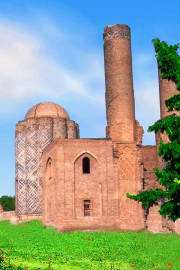
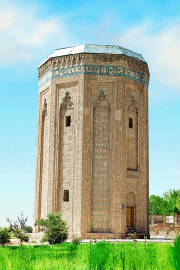
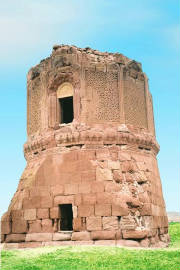
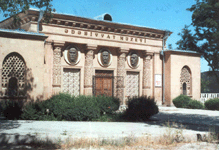
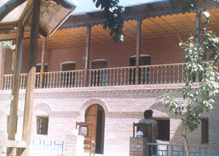
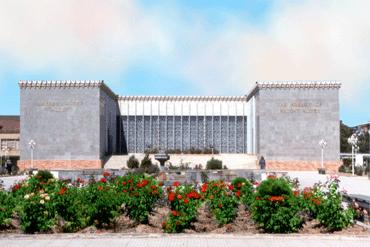
you need to add hte money and curency to us dollars